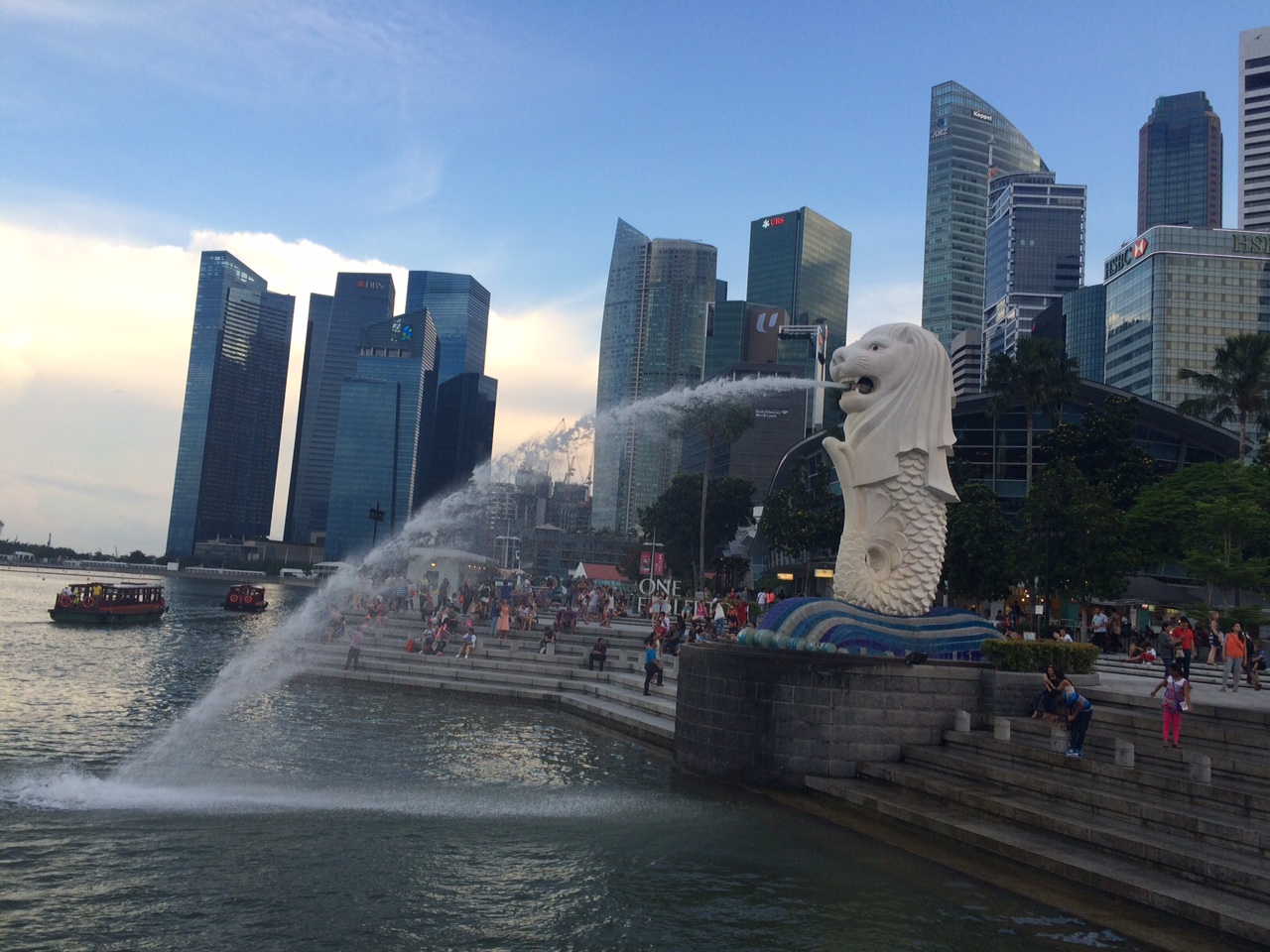- Three years ago, I saw a similar surge over fintech in the United States – a large number of projects, a lot of discussions, and the customers who are ready for innovation. Many fintech companies emerged in Europe and other parts of the world, but the real big play didn’t happen. There is a record number of projects in Asia at the moment and the market is boiling. In fact, we co-hosted the very successful Fintech Asia Forum with Israel’s Yozma Group Asia venture capital and Hong Kong investment company Marvelstone in Seoul, South Korea, just a few weeks ago.
- Τhe US fintech market is all about products and technologies, while the Asian market is about execution. The specifics of each of the Asian markets is so high that people and their knowledge of local peculiarities become the most important.
- The US and Europe created fintech for freaks and geeks, while there is a huge number of unbanked people in Asia. Bill Gates has recently written that fintech future belongs to the unbanked countries. It’s great to provide people with better instead of good. But the real magic is to provide opportunity to jump from the cash-past to the fintech-future: without ATMs, credit cards, and often without banks as we know them. The way it has happened in Africa with mPESA.
- Another sector – cryptocurrencies. I do not like “bubbles” and speculation about bitcoin, but the ideas of cryptocurrency and blockchain technology are very sound. In Asia, there is a huge number of countries with different currencies, often with a weak banking system and a large number of remittances. Singapore is the financial and technological centre and I believe that a unitary Asian cryptocurrency (like Esperanto) will be developed here. This cryptocurrency will not require paper, printing, and storage, it will be easy to use, convert, and transfer to other countries. Historically Singapore takes a neutral political stance in the region and at the same time has tremendous economic ties with each country. Therefore, I assume it’s the best choice for “arbitrator” to create and manage a unitary Asian cryptocurrency.
- Local banks – DBS, OCBC, UOB – have a very strong position in the region and high quality service. Mobile operators are also joining the financial sector – for example, SingTel has partnered with Standard Chartered to launch the new mWallet Dash. But they can quite quickly become the most innovative and, at the same time, expand to global markets overnight. If they start actively investing in the leading fintech companies in different countries – as does, for example, the Spanish financial group BBVA – it will grant them, on the one hand, access to new countries without obtaining licenses and opening offices, and, on the other hand, new products and technologies for local customers in Asia.
- Another advantage of Singapore is that the city originally positioned itself as the “lab”: here you can create something outstanding, test the idea with local partners and clients (as they are the most open-minded), and quickly expand to the surrounding markets – the whole city infrastructure is designed so that you are surrounded by the best teams and technologies for prototyping and then can quickly expand to new countries.
- Other benefits of bringing business to Singapore: your intellectual property rights and private property are protected as much as possible with British law and a reliable judicial system. The transparency of financial relations is guaranteed by the local financial regulator, the tax rates are some of the lowest in the world. You can register you company in a few days (infographics).
- Such government agencies like EDB, Infocomm, Spring, NRF do a lot to attract business to Singapore – grants, tax incentives, co-investments, conferences, and much more. If you have the support of one of these government agencies, your rental charges are very low: state-owned corporation JTC has built a creative “city within a city” for venture capital firms and startups – Block 71-79. It’s a great place with interesting architecture, lots of young and talented people, and great atmosphere just across the road of INSEAD business school. Probably, the Russian authorities followed this example building the innovation city Skolkovo and the Skolkovo business school, but it didn’t work (The Short Life and Speedy Death of Russia’s Silicon Valley by Foreign Policy).
- Why is it necessary to live in Asia to invest in Asia? Before we lived in Moscow and had no problems investing in New York, Portland, London, Munich, and any other part of the world. When we decided to make remote investments in Asia, we failed. There is very little public information about companies and their performance results. No one responds to your emails and no one does Skype calls, if someone didn’t introduce you. Your company brand and personal experience play a much smaller role than personal relationships. As a result, we decided to move here to be closer to local talented guys, and to better feel the mood and needs of local customers.
- There are no traffic jams in the city. Once I had 11 meetings in different locations per day – in Moscow I would spend the whole day just bypassing 11 different locations. People are not aggressive; they are smiling and they are helpful. The crime rate is very low: you can leave a purse or bag on a table and come back half an hour later to find it there. No beggars. In practice, zero unemployment rate. Highly environmentally friendly. Everybody speaks English. The total population is 6 million people, with 1.5 million highly qualified foreigners who were invited into the city in the last few years. In the near future, the smart nation wants to attract another 2 million smart guys from abroad. One of the highest levels of education in the world. Perfect weather, with 28-30 degrees all year round. A huge amount of entertainment, parks, galleries. If you want to work and not waste time and nerves on unnecessary fuss, then in Singapore you will have the most comfortable environment to focus on your idea and company.

10 Reasons Why Singapore Is The Next Big City for fintech
TECHINASIA: When we decided to relocate the Life.SREDA fund from Russia, a number of countries – Great Britain, Estonia, Latvia, Hong Kong, Singapore – invited us to move there and do business with them. Here are some reasons, according to my expertise, why Singapore is the best place in the world for financial innovation:
Read more on the topic:
Foreign Policy: Singapore is testing whether mass surveillance and big data can not only protect national security, but actually engineer a more harmonious society.
Re<code>: “Singapore Rising: The Plot to Be the Next Big Tech Hub”
TECHINASIA, DEALSTREETASIA: Singapore’s startup ecosystem
Empire Global SG: The Singaporean government has accepted new proposals on licensed moneylending, together with one of the biggest change amid protests which is the 4% interest rate cap per month.





